Understanding Container Tracking Systems
Container tracking systems are essential for the logistics and transportation industry, providing real-time data and ensuring the efficient movement of goods across the globe. Container tracking is a broad category encompassing various technologies and methods for monitoring cargo containers' locations and statuses. This system is pivotal for businesses to maintain visibility over their shipments, mitigate risks, and enhance supply chain management.
Types of Container Tracking Technologies
Several technologies facilitate container tracking, each with unique features catering to different needs. GPS-based tracking systems are widely used due to their accuracy in providing location data. Advanced systems integrate MSC cargo tracking and Maersk tracking capabilities, which are essential for monitoring containers shipped by these major carriers. Additionally, RFID technology and track my container services offer alternative means to keep tabs on containers, providing updates on the container status and enabling trace container functionalities for enhanced logistical efficiency.
Applications and Features of Container Tracking
The application of container tracking systems spans various sectors, from retail to manufacturing. These systems are equipped with features like real-time alerts for speed changes, roadblocks, and school zones. Advanced tracking solutions, such as CMA CGM tracking and COSCO line tracking, offer detailed route histories and predictive analytics on delivery times. Bluetooth connectivity is another feature that enhances the utility of these systems, allowing seamless integration with other devices.
Materials and Durability in Tracking Devices
The construction of tracking devices involves robust materials capable of withstanding harsh conditions during transit. Durability is a key consideration, as devices like those used in OOCL tracking and Evergreen tracking must endure varied climates and handling during their journey. The inclusion of features like micro SD card slots in some devices allows for additional storage of maps and location data, which is crucial for long-haul journeys.
Advantages of Implementing Container Tracking
Implementing a container tracking system offers numerous advantages, such as enhanced security, reduced risk of loss, and improved customer satisfaction through transparent container status updates. The ability to track and trace containers also aids in optimizing route planning, reducing transit times, and cutting down on operational costs. For businesses that rely on CNTR tracking or OOCL cargo tracking, these systems are invaluable for maintaining a competitive edge in the market.
Choosing the Right Container Tracking Solution
Selecting the appropriate container tracking system requires a thorough understanding of the specific needs of a business's supply chain operations. Whether it's CMA CGM track and trace or cont tracking, the right solution should offer a balance of real-time tracking capabilities, durability, and user-friendly features. It's essential to consider the compatibility of the system with existing logistics infrastructure to ensure seamless integration and maximum return on investment.


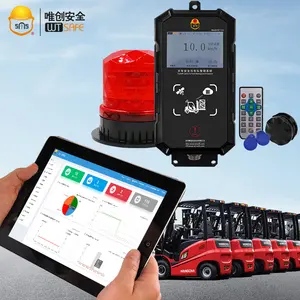




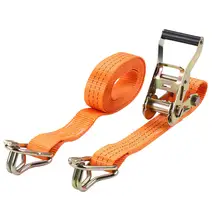
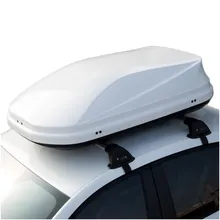

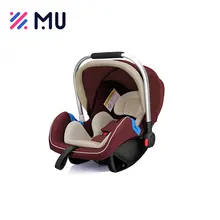




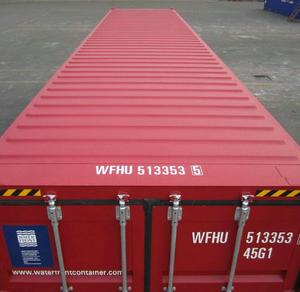




















 浙公网安备 33010002000092号
浙公网安备 33010002000092号 浙B2-20120091-4
浙B2-20120091-4